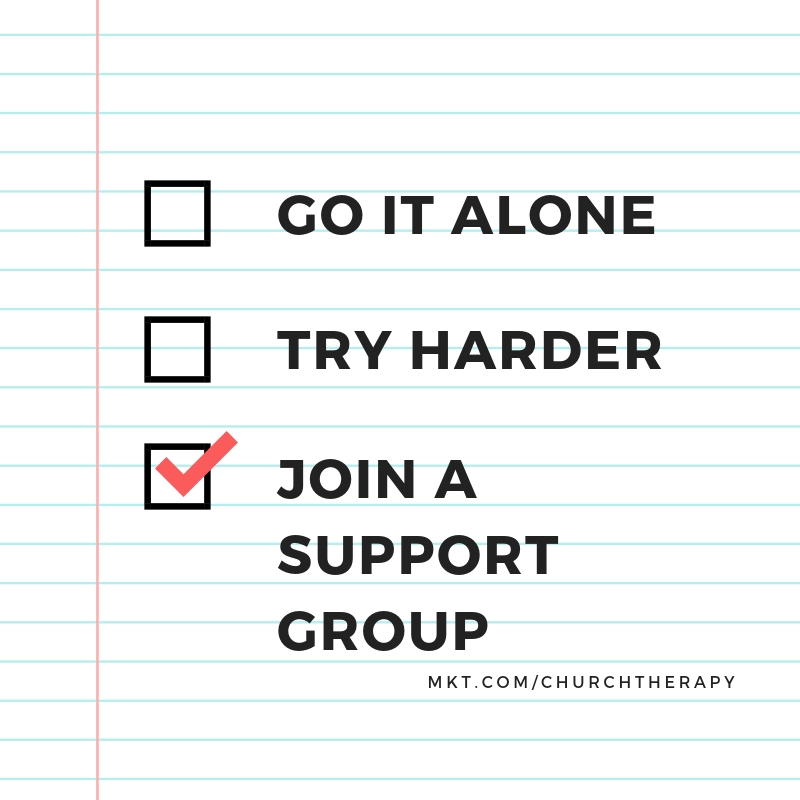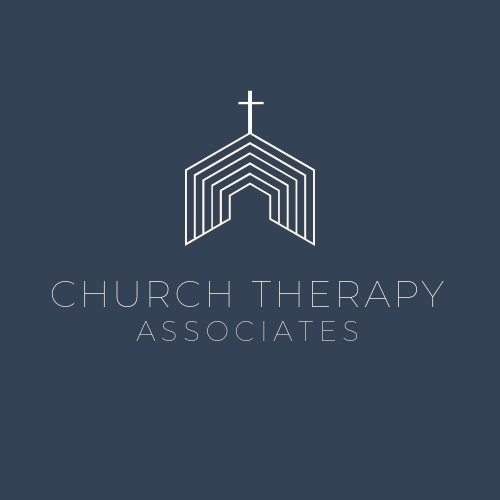Many people ask me, “How does it work for the professional therapist to see clients at his or her own church? Doesn’t that violate counseling boundaries?” This is a great question that is worthy of attention. Clearly professional counselors are bound by ethical codes, such as the one created by the American Counseling Association. Boundaries must be in place to protect the therapeutic relationship, the client, and the counselor.
Licensed therapists practice in a variety of settings, such as hospitals with a group milieu and agencies that offer wraparound services (multiple providers offering different aspects of treatment all around a common goal). Those in private practice typically only see the client in the office and do not interact with clients outside the office. For the private practice setting this is absolutely essential for both the client and the counselor as this is the agreed-upon context in which the work can take place.
Church therapists are professionals working on a church staff. You are a part of the church’s leadership team, offering insights and education to pastors as well as providing care in the context of the church. Your office is in the church building. When thinking about appropriate boundaries, it is critical to first look at the context of treatment. Where and how have both you as the counselor and your client agreed upon for treatment to take place? In church therapy, both the counselor and the client have entered into treatment with the understanding that work will take place in the church building, that the pastors are a part of the treatment team (be sure to have the client sign releases for any pastor or other provider to whom you may speak), and that the counselor will be present in other areas of the church building at other times when therapy is not in session.
Now we enter the more complicated realm: when the church therapist and client see each other in the church setting but OUTSIDE the therapy office, how do they interact? I personally begin treatment with the client by talking about this before we begin any work. I assure them that I will never ask them follow-up questions or get therapy updates outside of the therapy office. I ask the client to use my voicemail to reschedule appointments rather than approaching me in church. Once I was even asked if I would ever share a prayer request about one of my clients… (That would be a big NO!). My clients and I may wave or say hi in the church building, just as I would with anyone else. The goal here is to make your interaction with clients at church mirror your interaction with anyone else. Remember, even the fact that a client is coming to see you must remain confidential along with the content of the therapy itself. Only those for whom the client has signed a release form can know that he or she is in treatment with you. To be a successful church therapist, you MUST be on guard to keep very tight lips.
Because the church therapist is on church staff in the role of professional therapist, anytime he or she is in the church building he or she is in that role. Those in private practice or agency work have the right to expect that their church experience will be their own and will not become complicated with client interactions. Their place of work is outside of the church setting, and as a result their client interactions are all separate from their church lives. However, the church therapist is one who has felt a calling to church leadership AND to counseling. Therefore, your expectation is to be “on” when you are at church. This is more similar to the role of pastor in the sense that your social/spiritual life is supplementally fed outside of your church.
It is critical for the church therapist to realize that he or she cannot develop many intimate friendships at church. I personally have a small handful of confidants, 2-3 of whom attend my church and 2-3 of whom do not. Those I trust who do attend my church never ask about my work and I never discuss it with them. We also have a clear understanding that (much like the pastor) when we are at church I am in the role of on-staff therapist. Within that church leadership role, I lead ministries related to prayer and caring for the soul. My focus is not on catching up with my friends at church. Rather, we set aside intentional times to connect outside of church. I will talk in more detail about this in a later post about self-care for the church therapist.
The American Counseling Association has some helpful information on this topic. Here is a useful link related to dual relationships: http://ct.counseling.org/2006/12/new-guidelines-on-dual-relationships/
The following article which can be read in its entirety on web.ebscohost.com also offers help on this topic:
Haug, I. E. (1999), Boundaries and the Use and Misuse of Power and Authority: Ethical Complexities for Clergy Psychotherapists. Journal of Counseling & Development, 77: 411–417. doi: 10.1002/j.1556-6676.1999.tb02467.x
*One final note: the article focuses on “clergy psychotherapists” in which the therapist IS the pastor. In my definition of church therapy, the church therapist is on staff for the primary purpose of providing counselor and does not take on pastoral roles with clients. This role definition is useful in the development of clear role expectations.








